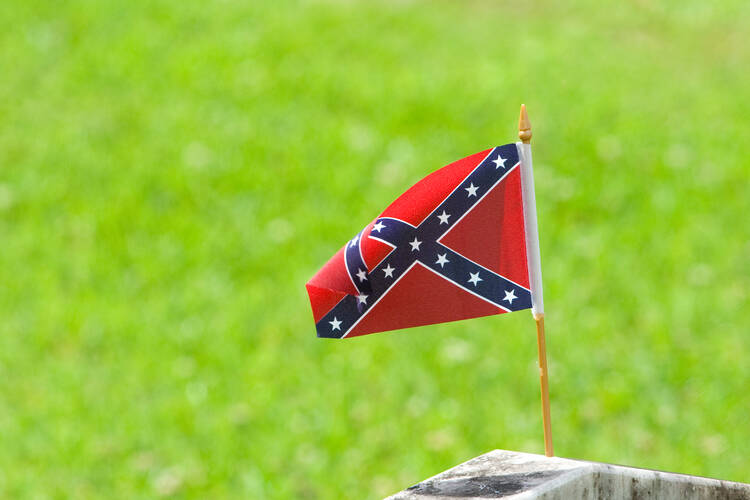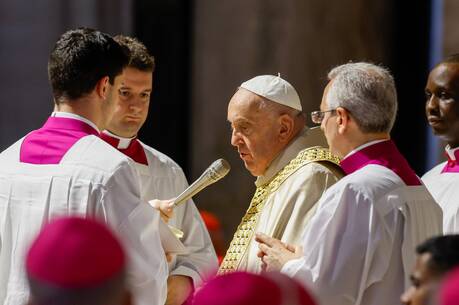The recent debates over the visibility of the Confederate Flag have quieted somewhat, as the symbol is slowly scrubbed out and removed from flagpoles, online retailers and television screens. As a northerner now living in Miami Beach I have never had any real connection to the former Confederacy. Miami, anyone will tell you, is not the “Real South.” I cannot quite shake the issue, though, since the devastating murders in Charleston and the media consensus that the flag was somehow to blame. I’ve found myself returning to my favorite of President Obama's speeches, one he gave in Philadelphia in 2008 as a candidate in the wake of the controversial comments of his pastor, Jeremiah Wright, who infamously preached, “God Damn America."
At the time, it was still unclear whether a black politician could be elected to the White House. How to deal with what pundits called the enormous baggage of the black American experience?
It would have been so easy for candidate Obama to simply cut the pastor off with a superficial condemnation, erase that part of his own history and make things easy and simple. (And eventually Obama did that, to my disappointment.) But for a moment, in this particular speech at least, the man aspiring to the presidency let things remain painfully complicated, three dimensional and human.
He didn’t let Wright off the hook. But he didn’t forget Wright’s virtues, either. Nor did he simplify the bewildering complexity of being a black Christian in America. The "black church" our president describes in this speech, and its pastor, is full of "kindness and cruelty...intelligence and shocking ignorance...love and yes, bitterness and bias." It is a real place, full of broken but noble people.
"I can no more disown [Rev. Wright] than I can disown the black community," Obama wrote. "These people are a part of me. And they are part of America."
In the wake of the debate about the Confederate Flag, I've returned to Ken Burns's Civil War series on Netflix. Neither does Burns nor history leave any doubt about which side one ought to cheer, but it would take a certain kind of obstinacy to hear the stories of Antietam and Gettysburg and not be able to feel something for the Southerners. Nearly none of these soldiers owned slaves; as a matter of fact one could be excused from military service if one owned a large number of slaves. Few could probably read the Constitution, much less articulate reasons for secession. They were fighting for their brothers, their hometowns, counties and states.
In the midst of Pickett’s Charge, Robert E. Lee’s greatest, bloodiest regret, thirteen thousand Confederate soldiers marched out of a thicket of trees, into an open field a mile long, face first into a wall of fire and cannon. They held no illusion about what they were walking into. As heads and arms and intestines were sent flying, a Southern commander yelled, “Home boys! Home is just over the hill!”
After the march, Lee counseled Pickett to regroup his division to prepare for a possible Union counter-offensive. “General,” Pickett responded, “I have no division.”
These men, under that complicated flag, were probably full of kindness and cruelty. Pride and hate. Like Reverend Wright they are a part of us. Their story and their love and biases are part of America. We don’t need to erase them or sanitize them or simplify their symbols to feel cleaner about ourselves.
Mississippian writer Shelby Foote, who authored an enormous, three-volume history of our Civil War, was asked once how it felt to finish his opus. “I knew the last line from the time I started the book,” he said.
It came from Jefferson Davis, President of the Confederacy.
“‘Tell the world that I only loved America,’ he said.”
Grant Dwyer is an attorney in Miami, Fla.








